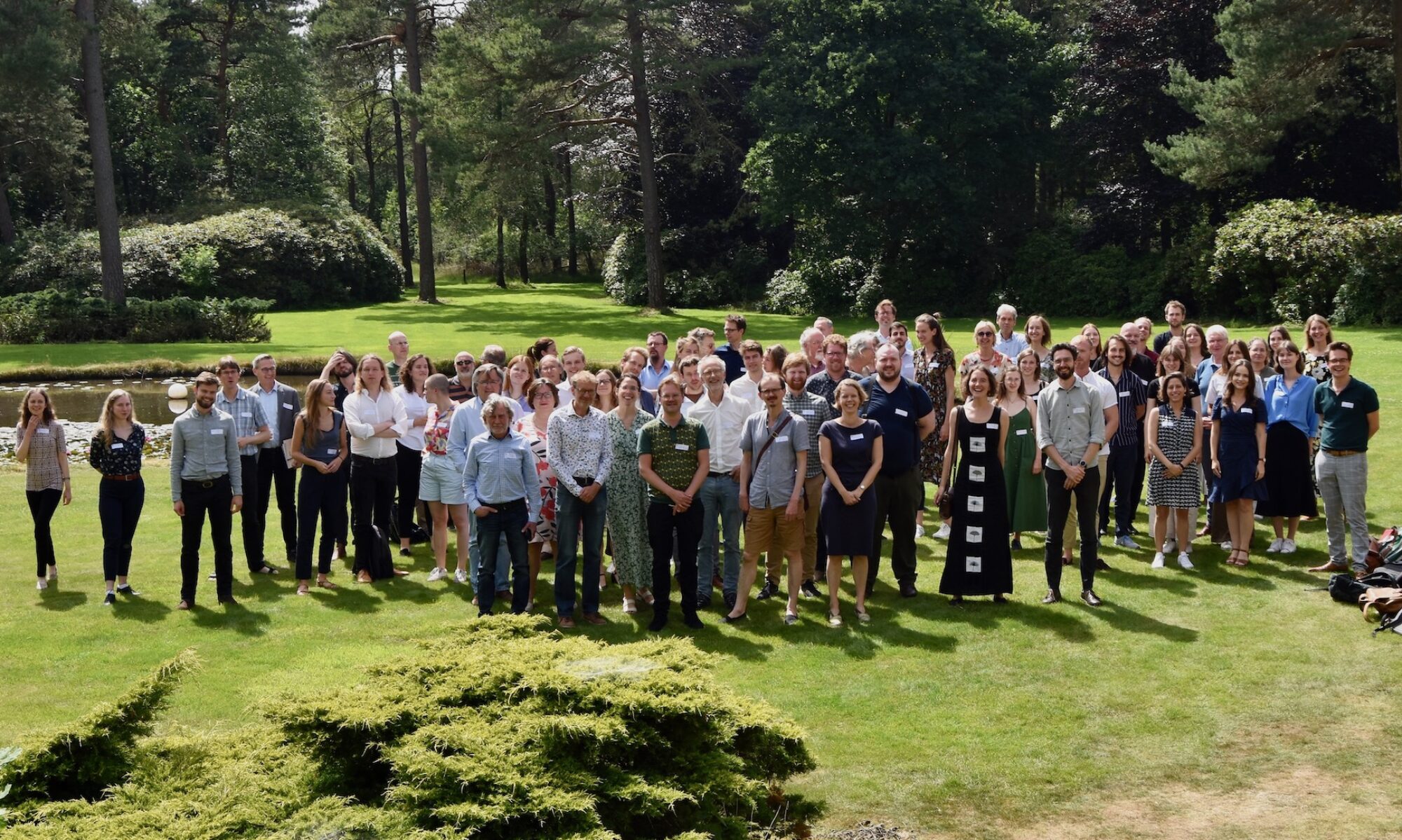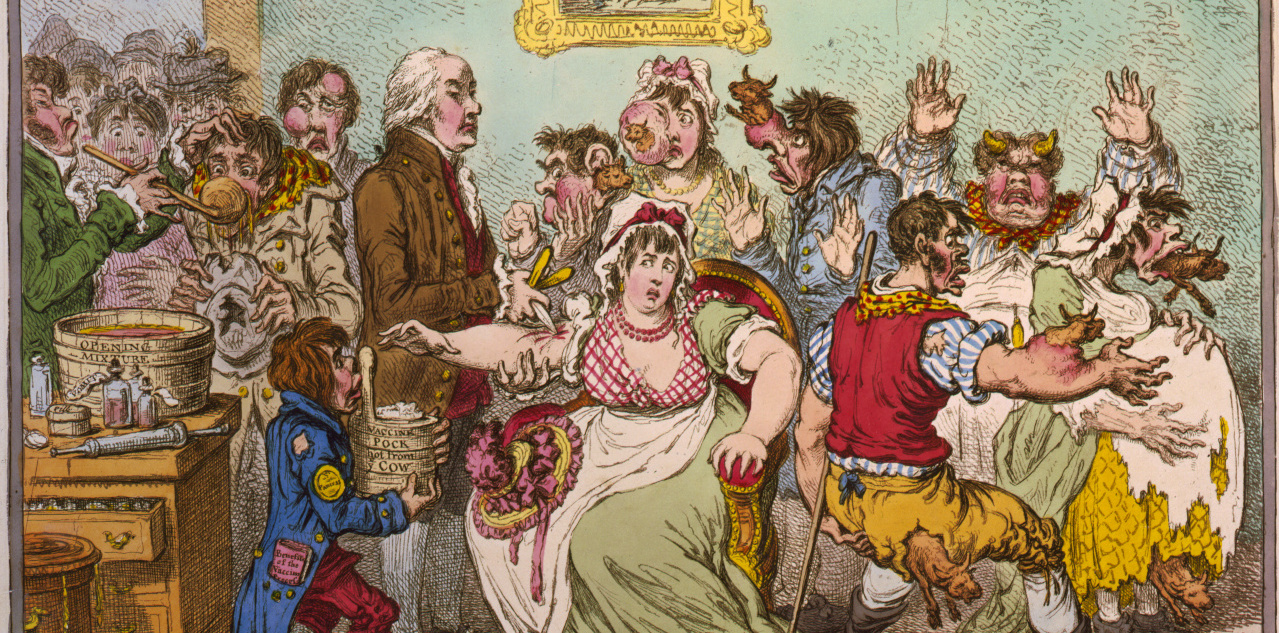CALL FOR PAPERS: 9th Gewina Woudschoten Conference
Contested Expertise: Trust in Science and Technology
Zeist, 17–18 June 2022
Deadline for proposals: 18 March 2022
On 17-18 June 2022 Gewina, the Belgian-Dutch Society for the History of Science and Universities, will hold its 9th biannual meeting in the Woudschoten Hotel & Conference Centre (Zeist). This two-day conference brings together historians of science, humanities, medicine, universities and technology; and all those from other fields with an interest in the history of knowledge. The theme of this year’s conference is Contested Expertise: Trust in Science and Technology.
Thematic scope of the Woudschoten conference
If there is anything that the Covid-19 pandemic shows, it is that social trust in science and technology is not self-evident. Expert claims about the severity of the disease and the dynamics of infection are met with skepticism and sometimes outright dismissal. This distrust is a sign of a broader development since the late twentieth century, in which expert knowledge seems to be losing ground in society. Knowledge institutions, such as universities, expert agencies and other professional mediators are under pressure as part of a more general sentiment to question foundations of ‘modern’ Western science and technology. At the same time, the humanities and social sciences face crises of trust in the form of the decolonization debate and the replication crisis. An overall crisis of trust in scientific knowledge (broadly conceived!) looms large. However, trust in these institutions and their knowledge practices has never been natural. Modern knowledge institutions rose to prominence in the early modern period and did so at the expense of other institutions such as guilds, churches, and the republic of letters. Scientific knowledge acquired social and cultural status at the expense of artisanal knowledge; disciplinary experts marginalized the polymath scholar. Trust had to be gained, and it has had to be continually maintained. The current crisis puts new pressure on the status of science and technology and the question what the response will be.
Questions of interest include, but are not limited to, the following:
- How is trust gained or lost in society?
- Which actors and institutions play a central role in establishing and maintaining trust in science (including the social sciences and the humanities) and technology?
- How are science and technology brought in discredit?
- What are societal implications of this?
- What are technologies of trust?
- What is the role of science communication in building trust and what is the role of a long-term perspective in science communication?
- Can networks of trust be identified and how did they evolve over in long-term perspective?
Format of submissions to the Woudschoten conference
We invite the submission of proposals for individual papers, posters, and pre-organized sessions. Pre-organized sessions can be e.g. chaired sessions consisting of three 20-min. papers, panel discussions (1.5 hrs), and hands- on or digital humanities demonstration sessions (1.5 hrs). Proposals for posters or individual 20-min. papers are also welcome. As this is an international conference, the principle language for proposals is English.
Please send your proposal of max. 200 words per paper / poster / panel / session to contestedexpertise@gmail.com. The deadline for proposals is 18 March 2022; applicants will be informed about the outcome of their proposal by 1 April.
(*) COVID-19 REMARK
The current COVID 19 pandemic is an enormous challenge for the organization of a conference. The GEWINA Woudschoten conference has always had an im‐ portant networking function: to bring historians of sciences, humanities, me‐ dicine, etc. together. Therefore the organizing committee is, at the time of writing this CfP (December 2021) planning to organize the conference as a live conference, in Zeist. If it turns out in late spring 2022 that it is not fea‐ sible to hold a live conference, the conference will in principle (again) be postponed for one year.


